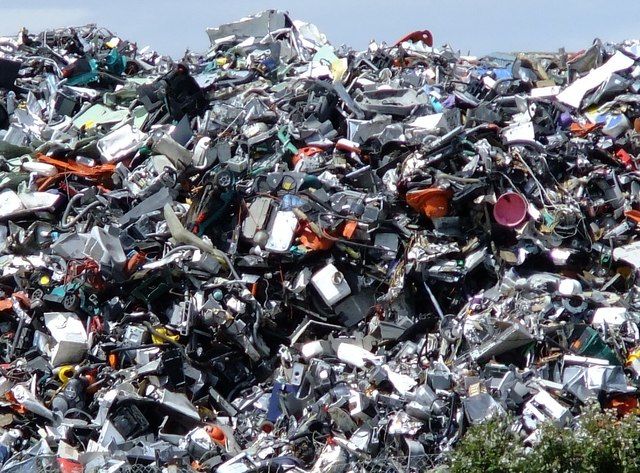Large quantities of mobile phones, computers, kitchen appliances and other electrical items, large and small, end up at recycling centres every year, even though many of them still work.
In 2013, 72,000 tonnes of electronic waste was collected at the country’s recycling centres, and many of those items were still in working condition.
Knud Anker, the head of Nettoparts, a company that specialises in spare parts for electronic appliances said he was not surprised by the numbers.
“There is too much waste,” Anker told DR Nyheder. “We see fully functional things thrown out solely because the trend says that now there must be an extra button somewhere.”
Environmentally unsound
Falling electronics prices and a constant stream of new models makes it tempting to buy something new rather than sticking to an older model.
“We always want the latest, so we swap out electronics a lot faster than we used to,” said Bo Dalsgaard, a senior consultant at the Danish Chamber of Commerce.
READ MORE: Danes major contributors to mountains of electronic rubbish
Electronics are updated so often that products can become useless or completely obsolete after just a few years.
“New software is available for a new phone for only a year or so, and then the product is outdated,” said Torben Chrintz from the green think-tank Concito.
Chrintz added that tossing away appliances early is not good for the environment.















